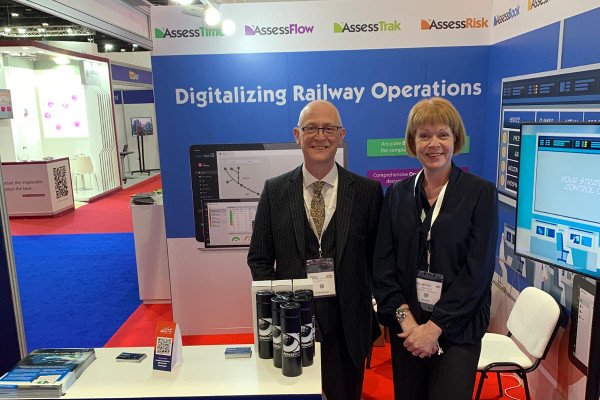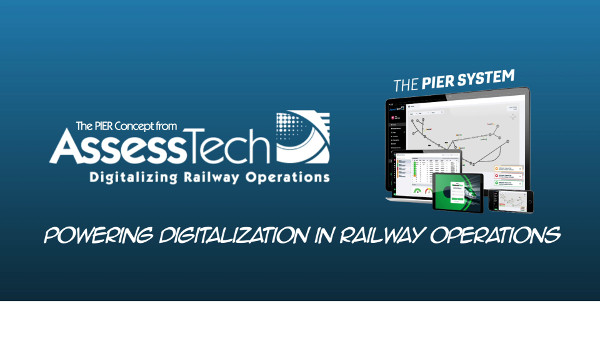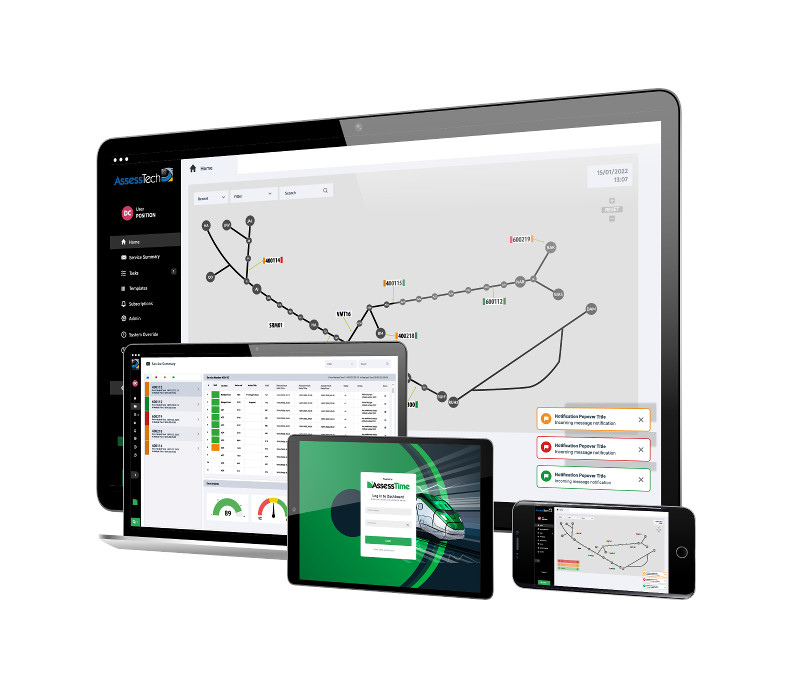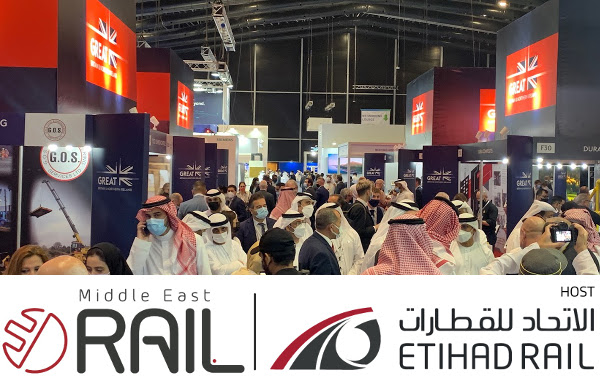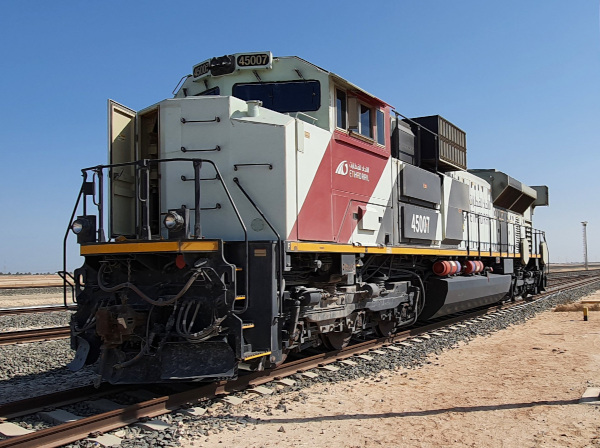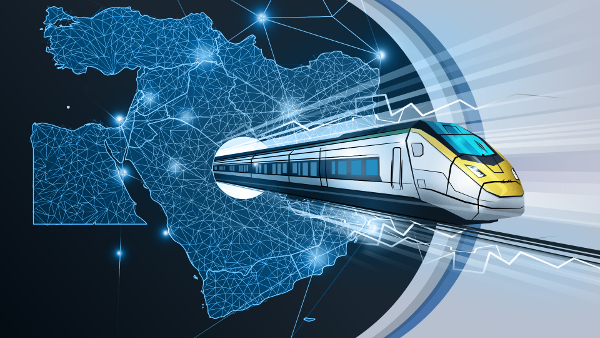Building a data rich digital infrastructure in the Middle East
Flagship rail projects have been pushed forward as governments recognise that the rapid economic development across the region needs to be sustained with new, state-of-the-art transport infrastructure.
The GCC consists of Bahrian, Kuwait, Oman, Qatar, Saudi Arabia and the United Arab Emirates.
We are already seeing huge impact through projects such as the 453km Haramain high-speed line, which opened in 2018 and the 2,750km SAR North/South Railway which will eventually form part of the Gulf Railway project crossing six countries between Kuwait and Oman.
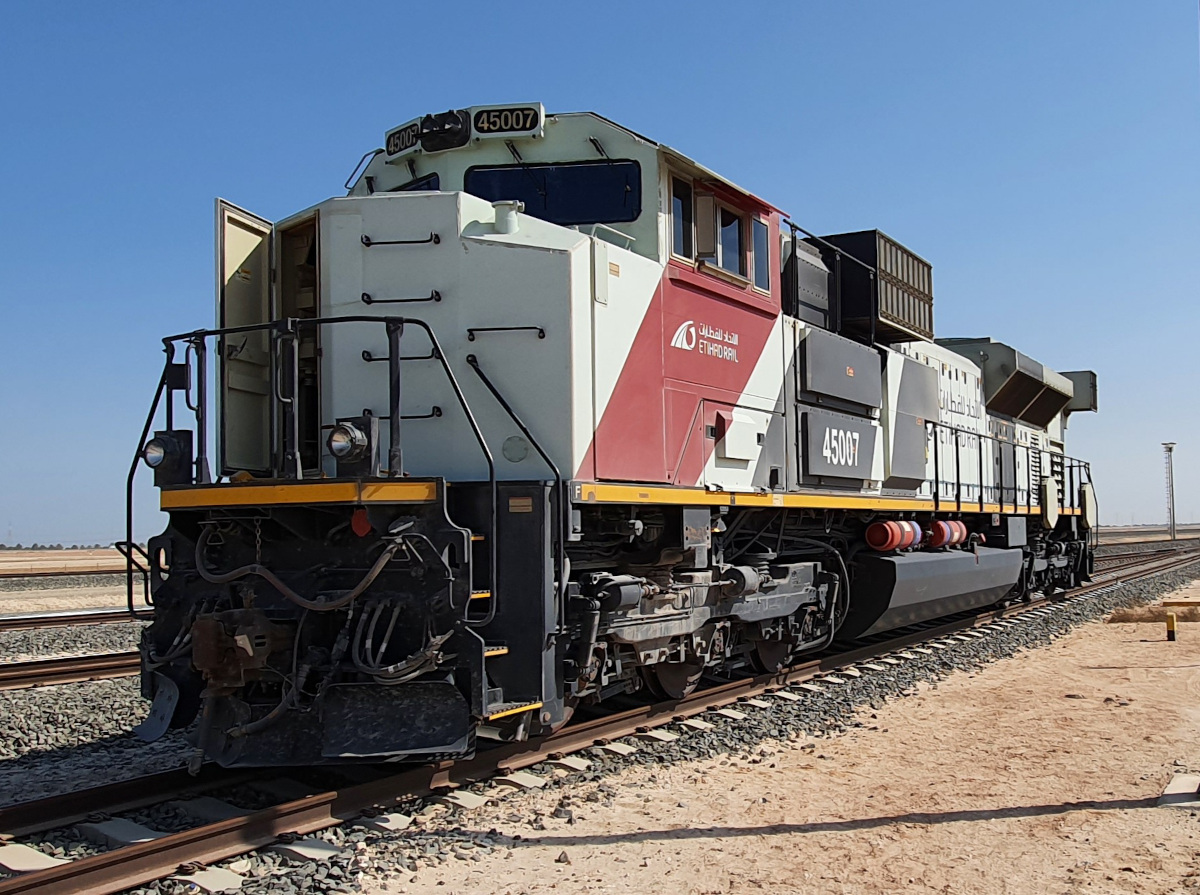
Etihad Rail train network is set to be extended
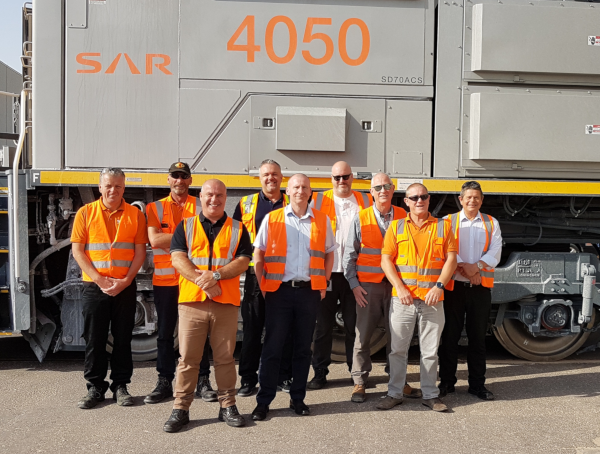
SAR railway staff
The current 264 km Etihad Rail network in UAE will shortly be extended to around 1,200km with expansions west to Ghuweifat on the border and east to the city of Fujairah on the Gulf of Oman, linking important centres of economic activity and major centres of population such as Abu Dhabi, Dubai and Sharjah.
This investment in infrastructure brings with it the ultimate opportunity to create and develop the best and most efficient operating processes to support this significant investment. Train operators in the countries of the GCC are presented with an opportunity to create a digital infrastructure that is lean, data rich as well as learn from years of development and experience by the UK railway industry.
The UK is tempered by old fashioned infrastructure; however, the GCC partnership has the ability, funds, and space to build the ‘modern railway of the future’ ensuring all processes and their applications are as up to date as possible. Their data processing and requirements are considered at the outset, and they invest in their staff to ensure their people are at that same high level of competence.
Accessing and harvesting data should be at the forefront of this evolutionary process as collecting and managing this data effectively will provide the business intelligence to improve performance, reduce costs and incidents. Decisions should be made based on easy to access, real-time data. Resource requirements will be fine-tuned, and pathing requirements optimised across the network, maximising capacity, and utilisation of human resource, all backed up by digital competence.
In the UK we are quite reactive as we have been evolving and adapting processes and procedures over many years as the railway has advanced. However, the Middle East has a fantastic opportunity to be proactive in their approach by utilising real-time business intelligence to optimise supply chain and logistics by modelling and managing capacity using the best systems and the best processes all supported by a competent workforce to help deliver an amazing railway.
If you want assistance in shaping your digital infrastructure, AssessTech can help.
Contact our expert Kirt Barooah on kirt.barooah@assesstech.com.





